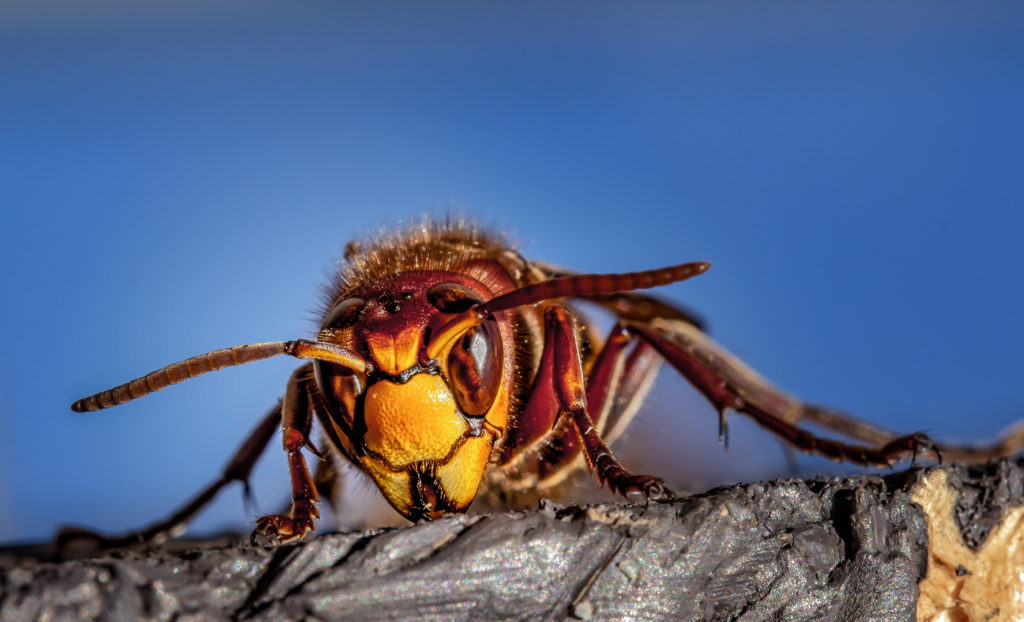Are Hornets Common in Cooler Weather?
Hornets are a common concern during warmer months, but as the seasons shift, questions often arise about their activity in cooler weather. Understanding how hornets behave when temperatures drop can help manage them effectively and ensure safety.

Do Hornets Survive in Cold Weather?
Hornets are not typically active in colder weather. These insects thrive in warm conditions, often becoming less visible as the temperature dips. Most hornets cannot survive freezing conditions, but queens can enter a hibernation-like state to survive through the winter. These queens emerge in spring to establish new colonies.
What Happens to Hornets When It Gets Cold?
Worker Hornets and the Nest
As temperatures drop, the majority of worker hornets die off. Their primary role is to support the colony, but as food becomes scarce and the cold sets in, their life cycle comes to an end. The nests they’ve built are also abandoned since hornets do not reuse them.
The Queen’s Role
The queen is the only hornet that survives the colder months. She finds a sheltered spot, such as under tree bark or in a pile of leaves, where she can safely spend the winter. This is why you may not see hornets actively buzzing around during this time of year.
Why Hornets May Appear in Cooler Weather
While hornets are less common in colder weather, some may still be seen on unseasonably warm days during fall or early winter. These instances are usually when worker hornets are searching for food or when a nest hasn’t been completely abandoned yet.
Climate Factors
In regions where temperatures remain mild during fall and winter, hornets may stay active longer. This is particularly true in areas with fluctuating temperatures, where hornets can take advantage of brief warmer periods.
Managing Hornets During Cooler Weather
While hornets are less of an issue in the winter, it’s important to prepare for their return in spring. Removing old nests and sealing entry points around your home can help prevent hornets from establishing colonies nearby. For effective solutions, hornet control experts recommend addressing potential nesting areas before the queens awaken.
If you suspect a hornet problem, professional pest control services can ensure the issue is handled safely and effectively. This is especially important if the nest is located in a hard-to-reach or dangerous area.
Winter Hornet Habits and Spring Preparation Tips for Your Home
Hornets are not commonly active in cooler weather, but the queen’s ability to survive the winter means they will return in spring. Taking preventive steps during the colder months can make a big difference in managing hornet activity. If needed, seek expert help to deal with hornets safely and efficiently. With proper precautions, you can ensure your home is well-protected from these stinging insects.
Safeguard your home from hornets with Rock Pest Control. Our experienced team delivers reliable, professional pest control services to ensure your space stays pest-free. Act now to prevent future infestations and enjoy lasting peace of mind. Contact Rock Pest Control today to schedule your service and take control of your property!
